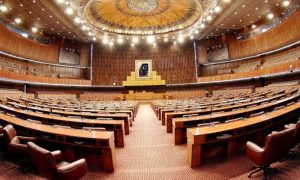KUALA LUMPUR, Malaysia: Malaysia’s communications regulator, the Malaysian Communications and Multimedia Commission (MCMC), has defended its directive for local telecommunications firms to reroute web traffic through their own domain name system (DNS) servers, effective from September 30. The move has sparked concerns about potential online censorship and risks to the country’s digital economy.
The DNS system converts domain names into numerical addresses used to locate websites on the internet. While Malaysian internet service providers (ISPs) often operate their own DNS servers, some users prefer third-party DNS servers like Google or Cloudflare for faster speeds or to access blocked content. The new directive mandates redirecting traffic from these third-party servers to Malaysian ISPs’ DNS servers.
The MCMC claims the measure aims to protect users from harmful content such as online gambling, pornography, and phishing. They emphasize that DNS redirection will block harmful websites while allowing legitimate ones without noticeable disruption. MCMC reported blocking 24,277 websites between 2018 and August 2024 for user safety.
However, some government officials, like Syed Ahmad Syed Abdul Rahman Alhadad from the ruling People’s Justice Party, have criticized the plan as “draconian,” warning it could harm Malaysia’s digital economy, which has recently attracted significant investments from major tech firms like Microsoft, Amazon, and Google. Critics also argue that the policy may lead to cybersecurity risks, such as DNS poisoning.
The move follows heightened scrutiny of online content under Prime Minister Anwar Ibrahim, raising concerns over internet freedom and regulatory overreach in Malaysia.


























